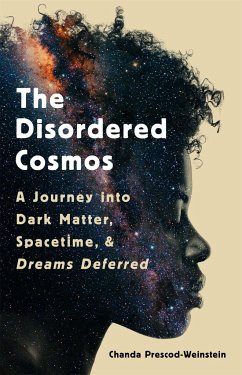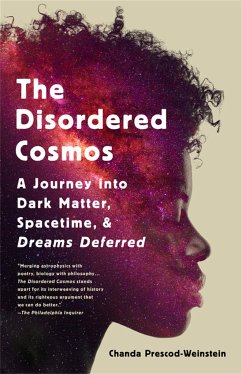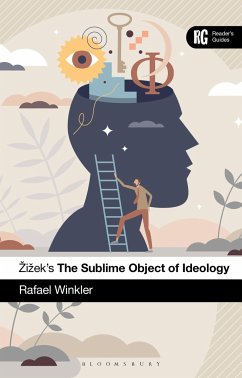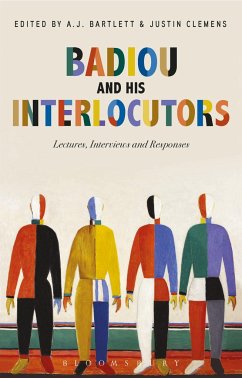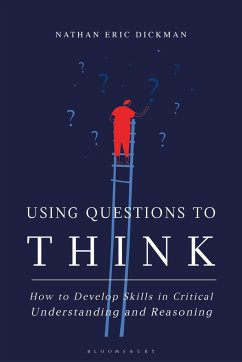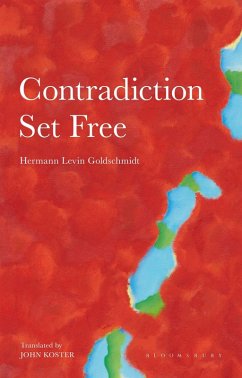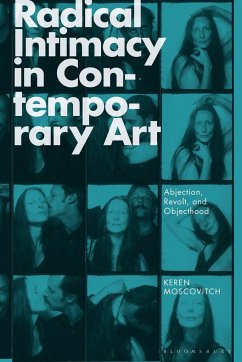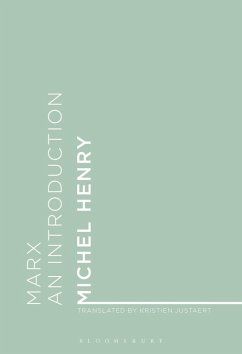
Ariel Salleh (Visiting Professor, Culture, Philosophy & Environment
Broschiertes Buch
Decolonize Ecomodernism!
Versandkostenfrei!
Versandfertig in über 4 Wochen

PAYBACK Punkte
10 °P sammeln!




An eco-feminist argument for a new concept - the androscene - which imagines a new, truly intersectional world.
Ariel Salleh is a scholar-activist; appointed Visiting Professor, Instituto de Humanidades, Artes e Ciencias, Universidade Federal de Bahia, Brasil for 2025-26; a Founding Member of the Global University for Sustainability, Hong Kong, and a Visiting Professor in Humanities, Nelson Mandela University, South Africa. Her classic book Ecofeminism as Politics: nature, Marx, and the postmodern (2017) and some 300 articles are available in multiple translations. In 2019, she co-edited Pluriverse: A Post-Development Dictionary with Ashish Kothari, Arturo Escobar, Federico Demaria and Alberto Acosta.
Produktdetails
- Verlag: Bloomsbury Publishing PLC
- Seitenzahl: 312
- Erscheinungstermin: 23. Januar 2025
- Englisch
- Abmessung: 231mm x 156mm x 18mm
- Gewicht: 472g
- ISBN-13: 9781474277600
- ISBN-10: 1474277608
- Artikelnr.: 69638479
Herstellerkennzeichnung
Libri GmbH
Europaallee 1
36244 Bad Hersfeld
gpsr@libri.de
Für dieses Produkt wurde noch keine Bewertung abgegeben. Wir würden uns sehr freuen, wenn du die erste Bewertung schreibst!
Eine Bewertung schreiben
Eine Bewertung schreiben
Andere Kunden interessierten sich für


